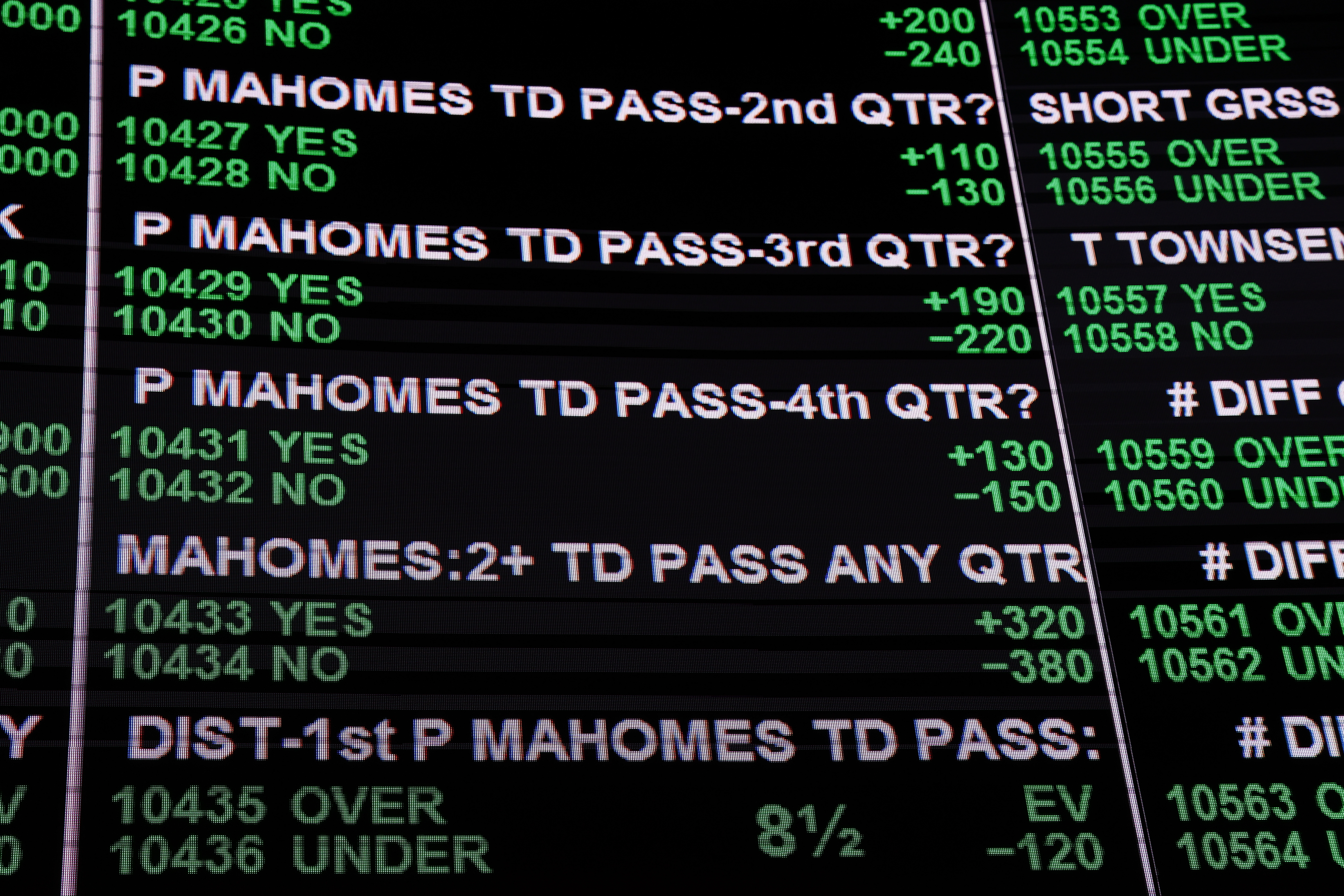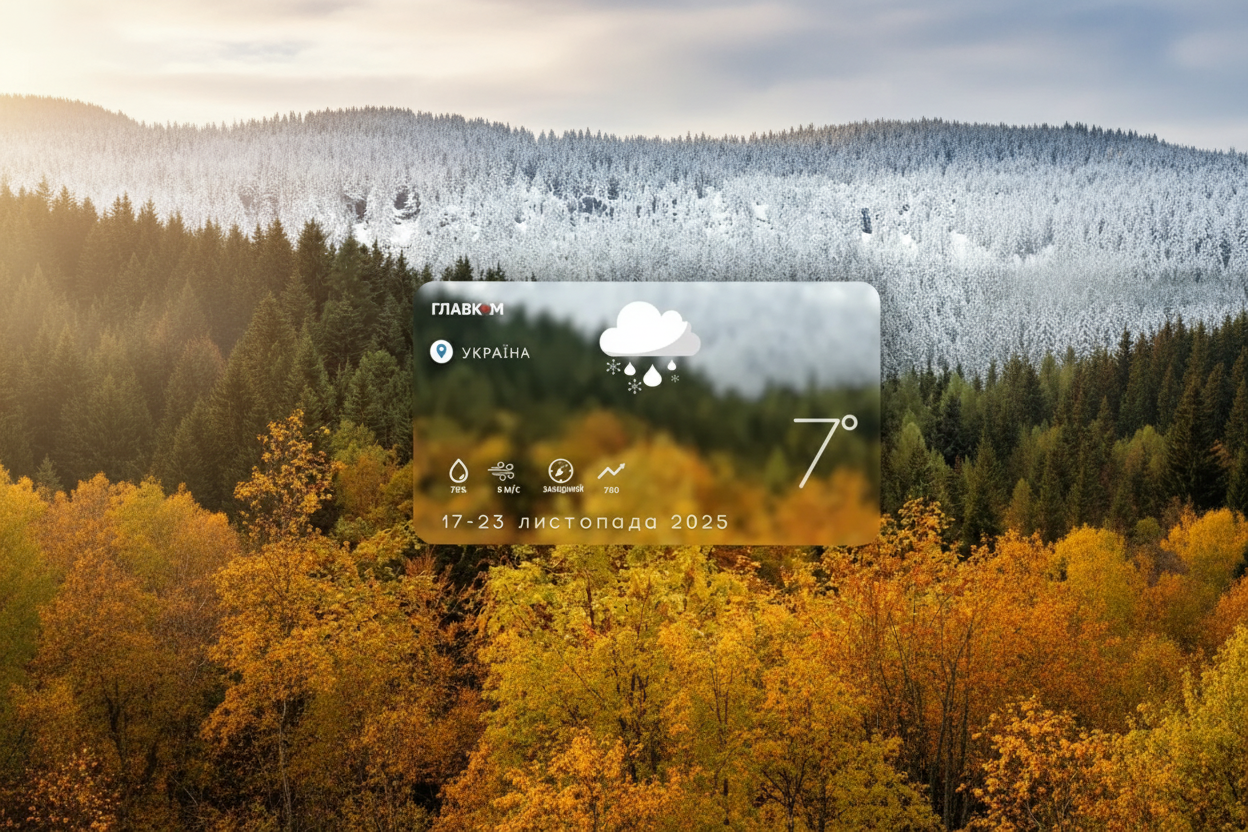Generation Z and AI: Why Robots Threaten Zoomers.


Key Takeaways
• Generation Z has better economic prospects than previous generations at the same age.• Zoomers are particularly vulnerable to the impact of artificial intelligence.• The economic pessimism of Generation Z may be linked to high social media usage and feelings of loneliness.
Lowered Expectations of Generation Z
Generation Z came into the world at a Time when most opportunities were already taken. Boomers bought up all the houses, and millennials took the best job positions. As a result, Zoomers often find themselves in difficult situations, interning where AI training becomes a reality that replaces them.
All their income goes to rent and education, and the excess anxiety about global issues, such as climate change, weighs on their emotional well-being. This generation is said to be 'failing' and reacts to their situation through despair, addiction to pornography, and even the ideology of Adolf Hitler.
If you've ever visited TikTok, you're probably familiar with most of this story.
The Economic Reality of Generation Z
According to research, Zoomers often express negative views about economic conditions, comparing themselves to previous generations. A Pew Research survey in 2022 showed that 72% of respondents believe that children today will be 'financially worse off' than their parents.
These sentiments reflect real economic problems, but at the same time, they may be disconnected from the actual economic experience of Generation Z. Many indicators suggest that Zoomers are in a better situation than their predecessors.
For example, according to the Federal Reserve System, the average income of a 25-year-old Zoomer in 2022 exceeded $40,000 per year, which is 50% more than the income of a Boomer at the same age.
As of 2023, the median wealth of young Americans (born between 1990-1999) was 39% higher than the wealth of previous generations. Additionally, according to 2022 data, the median wealth of Americans under 35 reached the lowest level in history.
Challenges for Generation Z
It's important to note that Generation Z faces serious economic challenges. In the U.S., there is a significant housing shortage, making it difficult for young people to buy their own homes. In 2022, 58.6% of adult Zoomers felt the burden of rent. This is particularly noticeable in high-opportunity cities like New York or San Francisco.
Prospects Under AI
Despite positive indicators, many Zoomers feel concerned about their prospects due to the rapid development of artificial intelligence, which is already performing many tasks that previously replaced interns. Companies feel the impact of AI on the job market.
According to a recent survey, nearly one in five Generation Z workers expressed concern that artificial intelligence might take their job within the next two years.
Perception of Reality
Pessimism among Zoomers is likely also linked to their perceptions of reality. They compare their circumstances not only to previous generations but also to information from social media, which makes them feel worse than others.
While Zoomers are not particularly concerned about economic indicators, they face significant social challenges, such as loneliness and a lack of social connections, which also affect their perceptions.
Conclusions
In conclusion, Zoomers are not economically worse off than previous generations; rather, they find themselves in situations that lead to pessimistic views regarding their social and economic status.
These circumstances may partly explain the popularity of anti-Semitism among young Republicans. When excessively pessimistic materials about AI are accompanied by doubts about one's place in society, it can lead to seeking 'negative' explanations for their problems.
Read also
- Athletes at the center of gambling scandals: how prop bets threaten the integrity of games
- The Death of Andriy Mulyavka: What We Know About the 26-Year-Old Lieutenant from Rivne Region
- Hungarians on Ukraine: why society is divided over the war
- Protest in the United Kingdom: 2,000 people stood against the refugee camp
- Ukrhydrometcenter warned of a sharp drop in temperature in Ukraine: when to expect snow
- Port of Novorossiysk resumes operations after strike: implications for the oil market








